

|
Peninsula lauds appointment of Jeroen De Vos as IBIA vice chair
De Vos has served on the bunker industry association’s board of directors since 2023. |
|
|
|
||
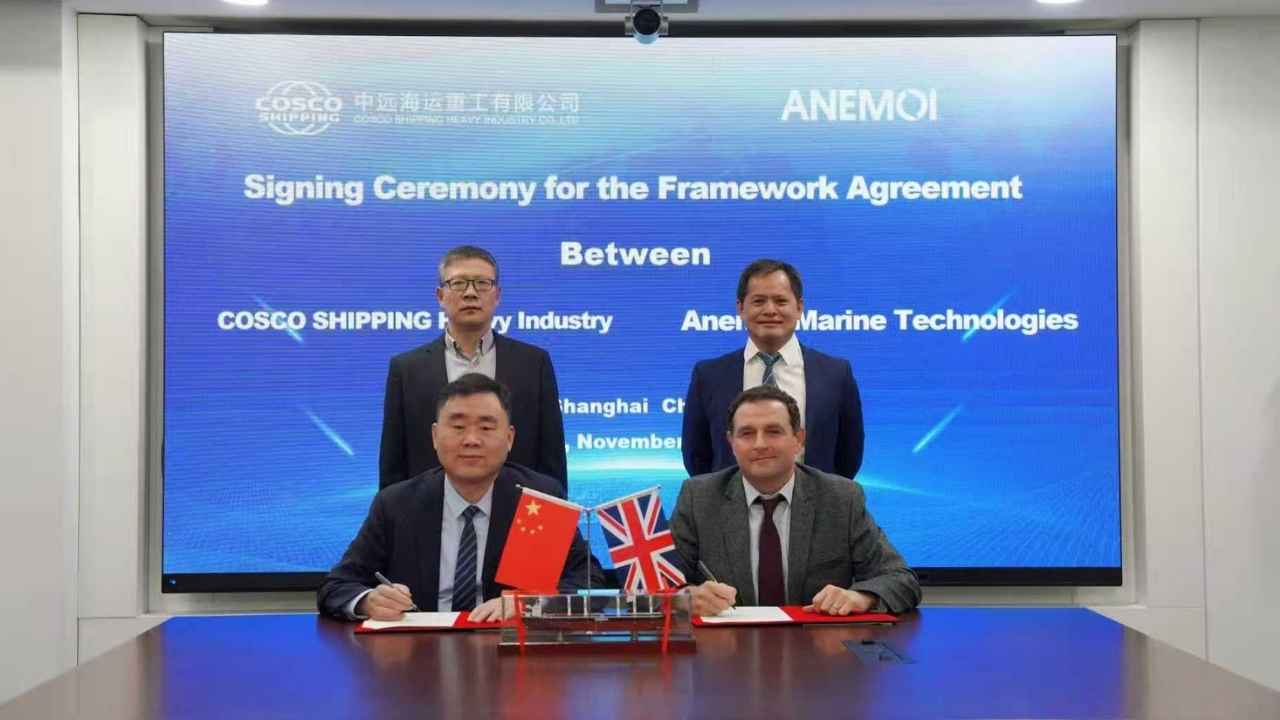
|
Anemoi and Cosco Shipping Heavy Industry renew rotor sail framework agreement
Expanded partnership offers turnkey wind propulsion installation services across CHI’s Chinese shipyard network. |
|
|
|
||
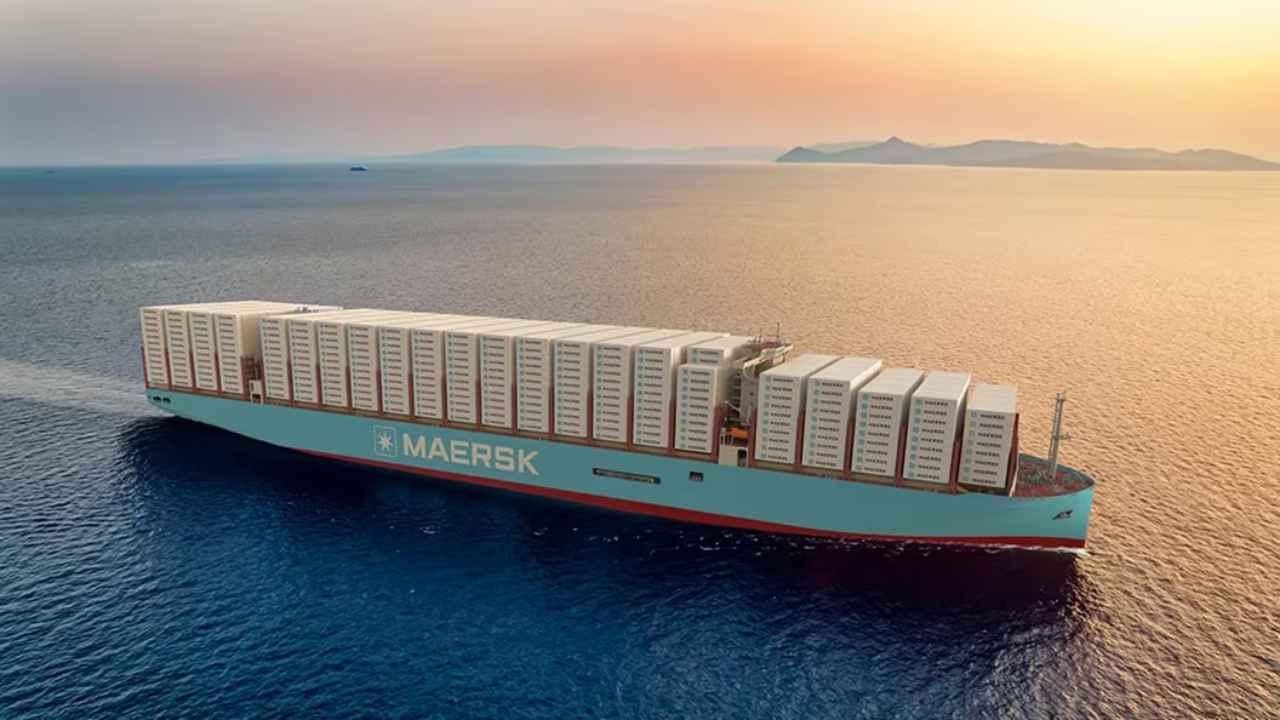
|
Maersk orders eight 18,600-teu dual-fuel vessels for 2029-2030 delivery
A.P. Moller-Maersk signs shipbuilding agreement with New Times Shipbuilding in China. |
|
|
|
||
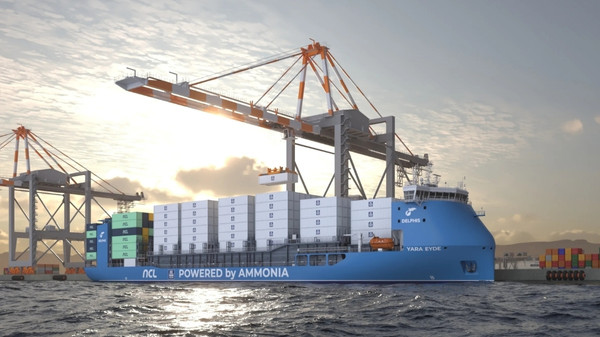
|
Oslo Port launches weekly container service ahead of ammonia-powered vessel deployment
North Sea Container Line starts route with conventional ship before introducing Yara Eyde later in 2026. |
|
|
|
||
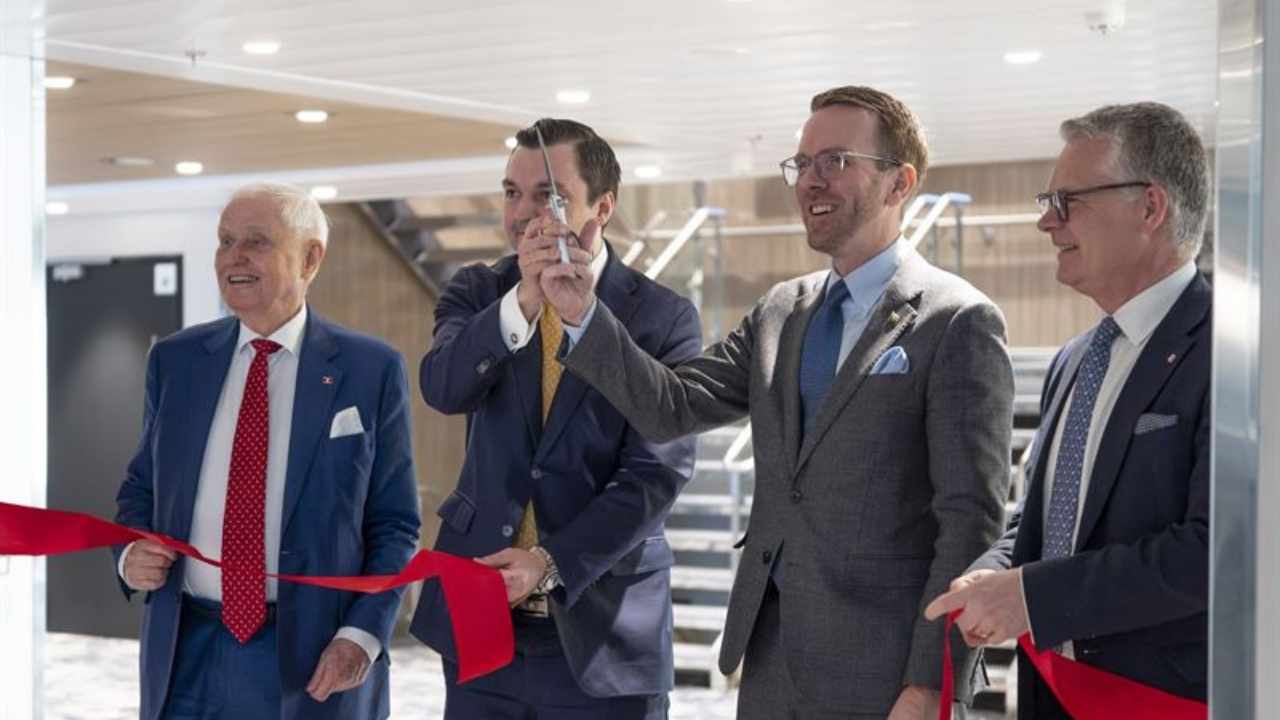
|
Stena Line completes acquisition of Wasaline ferry operator
Swedish ferry company takes over Umeå–Vaasa route operator, adding biogas-powered vessel to its network. |
|
|
|
||
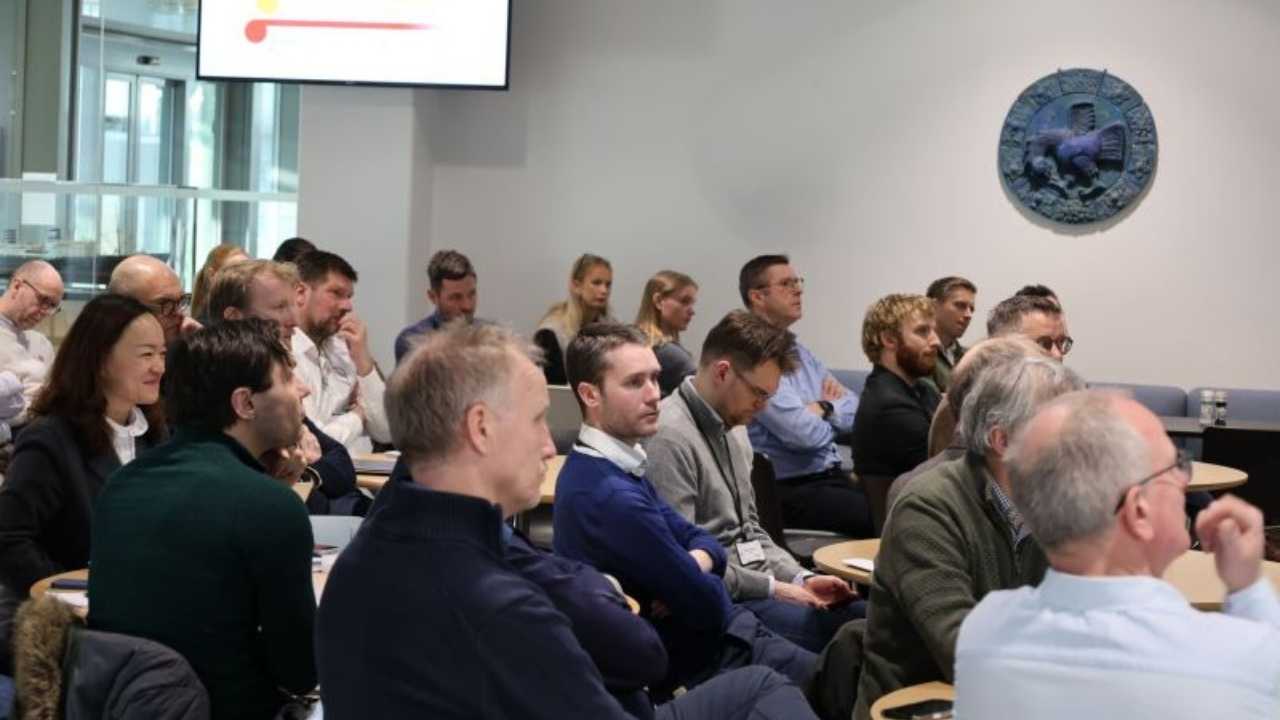
|
Ammonia bunkering moves from pilots to structured implementation, Norway seminar hears
H2SITE says Norway is advancing with Enova-backed initiatives, and the first dedicated bunkering vessels are expected from 2027. |
|
|
|
||
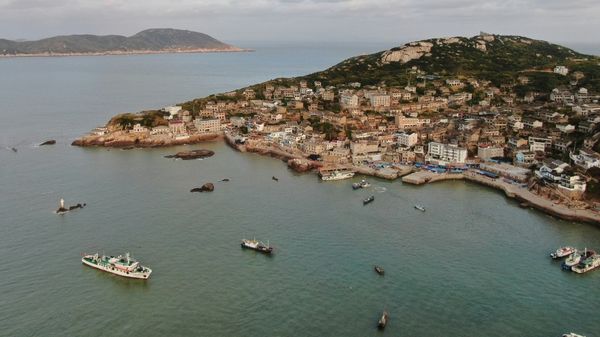
|
China approves Zhoushan Port FTZ expansion to boost commodity trading
Expansion adds 0.98 sq km, bringing total zone area to 6.12 sq km. |
|
|
|
||

|
IBIA elects four board members for three-year terms
Beumer, Campanella, Chung and Draffin join the board from 1 April 2026. |
|
|
|
||

|
IMO members urged to back mandatory Arctic fuel standards to cut black carbon emissions
Clean Arctic Alliance calls for polar fuel measure requiring cleaner fuels in Arctic waters. |
|
|
|
||
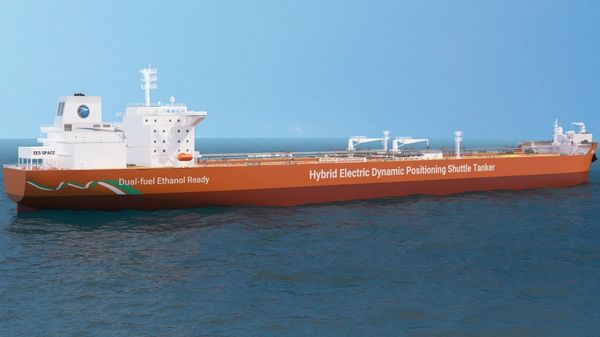
|
AET adds hybrid-electric shuttle tanker to fleet with dual-fuel capability
Tanker operator brings first hybrid-electric DPST into service on long-term charter with lower-emissions technology. |
|
|
|
||
| ICS raises concerns over 2020 fuel availability and agreed standards [News & Insights] |
| ICS backs zero-carbon propulsion, voices scepticism over MBMs [News & Insights] |
| IMO agrees historic deal to cut carbon in shipping sector [News & Insights] |